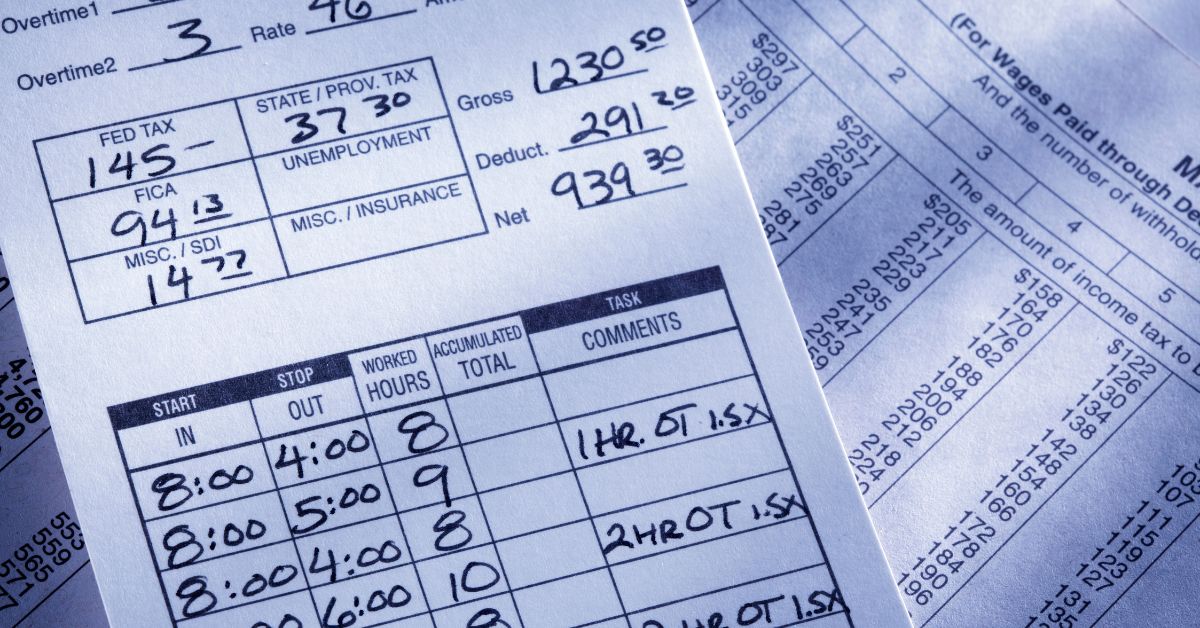Time tracking has long served as a simple and effective method of measuring an employee's service to an employer during a specific period. However, there are different ways that a business might use this function, featuring two primary distinctions: exempt and non-exempt status employees.
It is common practice for non-exempt employees, who work on an hourly pay rate, to keep a detailed time tracking sheet. The process is somewhat different for exempt employees, who receive a set and relatively static annual salary.
This essential payroll issue can confuse startups and small businesses building their teams and combing through all the details. Let's look deeper at this important topic to ensure best practices, employee confidence and legal compliance.
Should a Business Use Time Cards for Exempt Employees?
While business owners typically want and need to keep track of all employees' productivity via an internal timekeeping system, the process is unique for those paid on an established annual basis than for those paid hourly.
Salaried employees receive the same pay regardless of their work hours, such as any overtime logged, but there are plenty of good reasons to track exempt employees' hours for the employer and employee.
Here are a few reasons to implement a reliable time-tracking system for exempt employees.
1. Tracking PTO, Vacation and Sick Time
Tracking hours is vital to businesses to ensure coverage of responsibilities held by salaried employees who plan vacations with paid time off (PTO) days or need to take unscheduled sick days.
2. Tracking Specific Projects
Most businesses have a budget attached to each project. Tracking a salaried employee's time can help ensure that the project stays on budget, especially when billing clients hourly. It also helps to know how much time each employee spends on a specific project compared to regularly scheduled duties.
3. Tracking Labor Costs
Time tracking helps businesses calculate and monitor labor costs. Each time an employee "clocks in," a tracking system helps ensure fairness and value for the employee, employer and clients.
4. Tracking Individual Productivity to Ensure Improvement
Monitoring and analyzing an employee's time spent on a project offers insights into current productivity. Such data points and patterns help an employer determine whether exempt employees might need additional training if they spend too much time on specific tasks. It gives the employee a chance to improve and ensures that no excess time is wasted when improvements are possible.
Minute7 Offers Time Tracking Capabilities You Can Count On
At Minute7, we offer timesheets and other time-tracking capabilities that provide the most seamless, meaningful metrics your business needs for your valuable exempt employees. Our online time and expense tracking software works and syncs with QuickBooks online and via desktop, enabling employees to enter time, expenses, and productivity via multiple devices.
We would love for you to sign up for our free trial to experience how efficient and cost-effective it is to rely on Minute7.
Contact us if you want to learn more about our products and services before signing up for the free trial. We want to hear from you and help you find the best solutions to your employee timekeeping issues.
